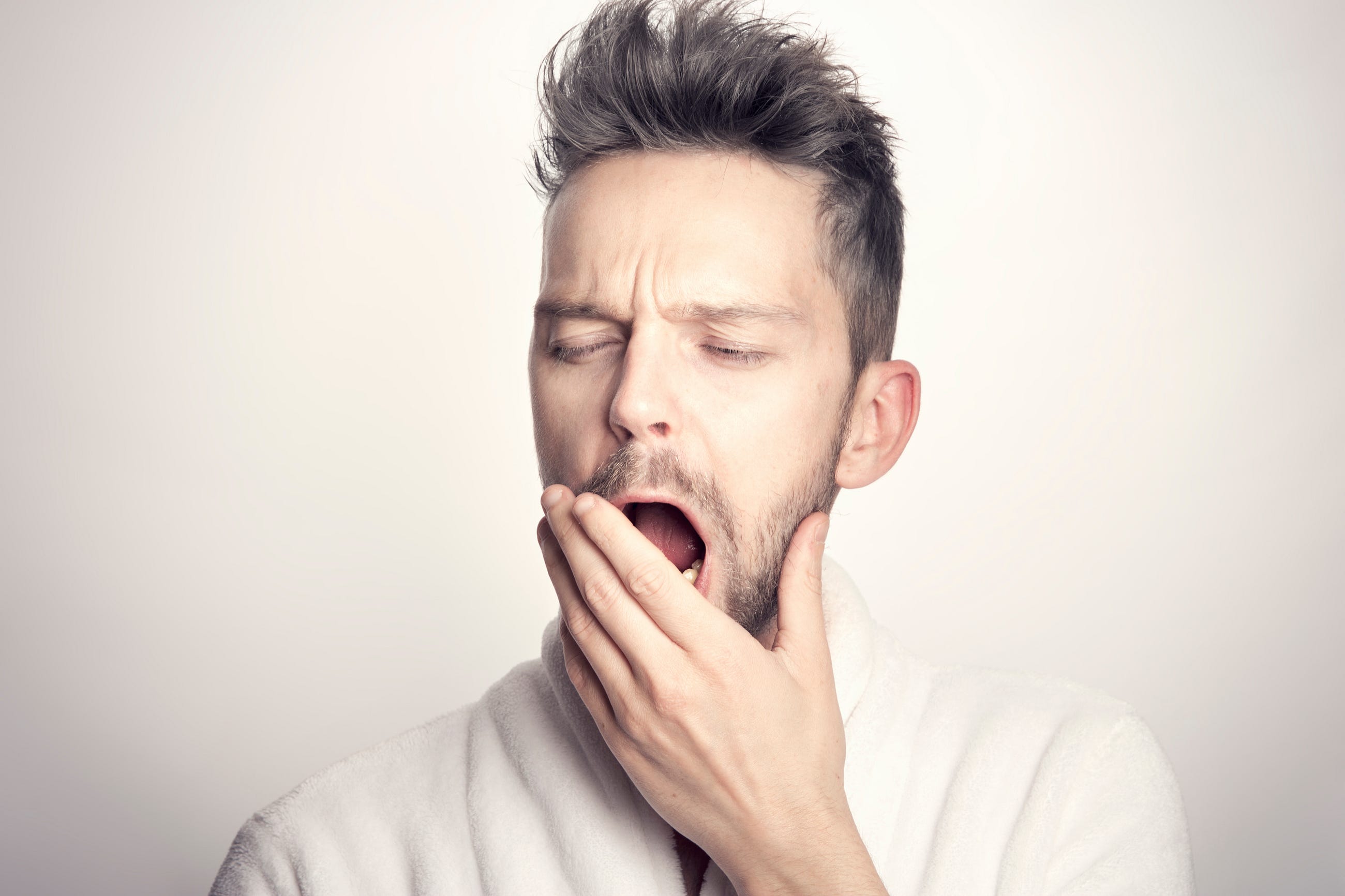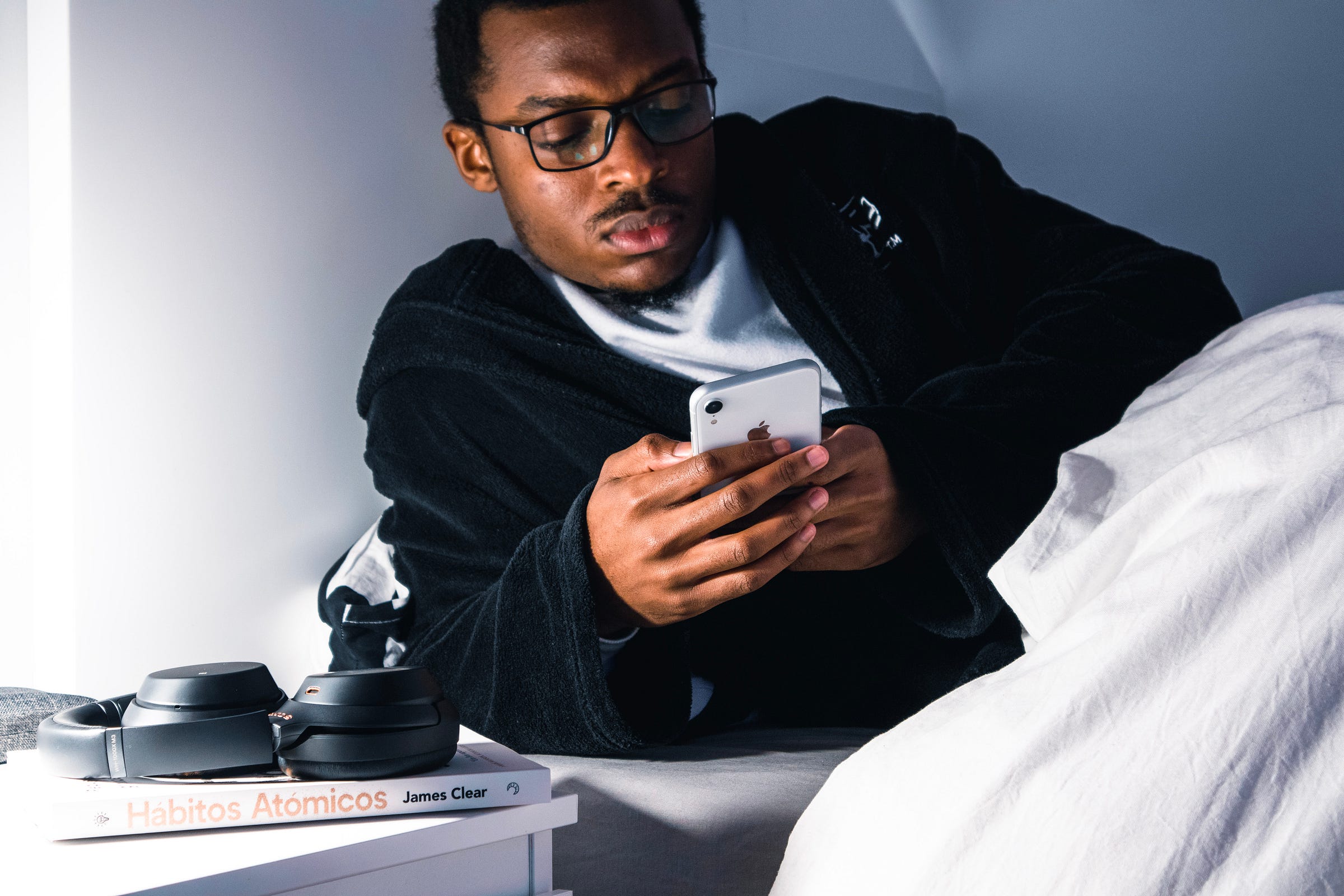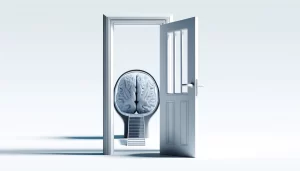If you’re struggling with insomnia, or know someone who is, then this guide is for you. We’ll take a look at the causes of insomnia and provide remedies to help sleep.
If you’re having trouble sleeping, this article will be of use to you. It’s full of tips and tricks that will help you get a good night’s sleep.
This article is a complete guide on how to fix insomnia. It includes actionable advice for those who are looking for some relief from their sleepless nights.

Introduction: The Problem of Insomnia
Insomnia is the chronic inability to sleep or feel rested, even after adequate sleep time. A person with insomnia can have one or more episodes in a year (episodic insomnia) or be unable to sleep at all (chronic insomnia). Insomnia is not the same as having trouble falling asleep.
A person with chronic insomnia may not be able to fall asleep at all, they may wake up often in the night, or they might take hours to doze off and then wake up feeling unrefreshed.
Insomnia is a sleep disorder that causes you to have trouble falling asleep or staying asleep. These problems can be related to disorders like depression, anxiety, stress, or pain. It can also affect your mental health and cause you to have mood swings. Chronic insomnia can lead to other health issues like diabetes or hypertension.
How to Sleep Better with 7 Simple Steps
Pretty soon, we will be able to sleep better thanks to these 7 simple steps.
1. Track your sleep with a sleep tracker: Sleep trackers have grown in popularity as a way to monitor and improve your sleep. These devices can help you diagnose things like snoring, sleep apnea, restless leg syndrome and more. They come in many different shapes and sizes, but all of them work with your phone to track your sleep cycles with sensitivity to light, sound, movement & room temperature.
2. Establish a routine: It is recommended that people establish a routine governed by an alarm clock to sleep well. It is best to go to sleep and wake up at the same time every day, including weekends. Wake up with sunlight, not the alarm clock.
3. Keep your room as dark as possible: The key to a good night’s sleep is darkroom. The human body, like any other animal, has an internal biological clock that regulates the daily cycles of hormones and bodily functions. This biological clock is located in the brain’s hypothalamus and is regulated by light. When there is too much light, the brain thinks it’s time to be awake.
4. Sleep in a cool environment: Studies have shown that getting an adequate amount of sleep is important for our health. But what is the best way to get a good night’s sleep? Sleeping in a cool environment is the key.
5. Take time before bed: You may not know it, but the time before bed is actually when your body does the most to restore itself. This can be done through exercise, meditation, reading, or simply having a cup of tea. Taking this time before bed will help you sleep better and feel less stressed in the morning.
6. Drink enough fluids during the day and fewer fluids at night: The human body is mostly made of water so it’s no surprise that water is the Earth’s most essential resource. We may not always think about drinking enough fluids during the day, but it can be hard to remember to drink fewer fluids at night.
7. Turn off all electronics before bed: Many people struggle to fall asleep at night, and there are many reasons for this. One of these reasons is that people spend too much time on their electronics before bed. There is research that suggests that the blue light emitted from laptops, cell phones, and other electronic devices can interfere with your body’s natural sleep cycle. This is why it is important to turn off all electronics at least an hour before bedtime.

What Causes Insomnia & How To Deal With It Effectively
There are many factors that can cause insomnia such as:
- Physical discomfort
- Thinking too much about things
- Surrounding environment
- Stressful event
- Too much caffeine and alcohol
- Side effects of medication
- Sleeping in an uncomfortable position
It may seem like there is no end to the cycle of insomnia, but there are lots of different treatments that can help. Prescription drugs and non-medicinal treatments such as cognitive-behavioral therapy (CBT) and behavioral therapy techniques such as stimulus control, sleep restriction, relaxation training, and paradoxical intention can all be used to treat insomnia.
The Proactive Way To Cure Insomnia
The conclusion of this article is that you should set up a regular routine for your bedtime and wake-up time every day. This will help train your body to know what time it is and it will be less likely for you to stay up late or sleep in. In addition, if you have a job that requires you to be awake at night, try to schedule your naps during the day so that your quality of sleep is not being compromised.



